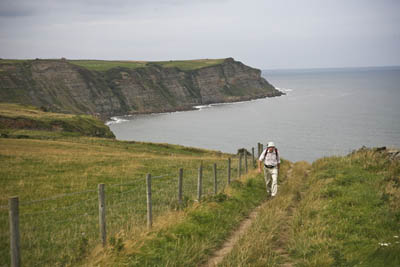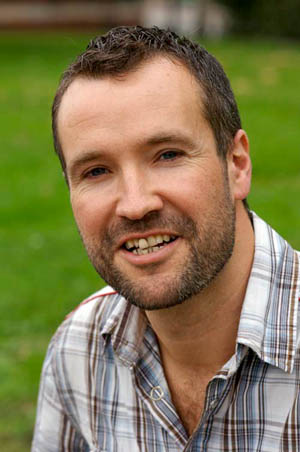One of the first jobs for new House of Commons Speaker John Bercow tomorrow will be to oversee the second reading of the bill which will introduce a right to walk the length of England’s coast.
The Marine and Coastal Access Bill will be the first bill debated under the new speaker, ensuring a high profile for the legislation as it returns to Commons scrutiny after its passage through the House of Lords. The debate by MPs will be the latest stage in paving the way for unprecedented access to the coast for millions.
The bill has been supported by the Ramblers and the British Mountaineering Council, whose members stand to gain legal access to sea climbing routes.
At present, large sections of England’s coast are out of bounds to walkers and climbers. With more people staying in their home country this year, due to the credit crunch and a smattering of sunshine, coastal walking has become a major activity – more popular than sunbathing according to the Ramblers.
Natural England, the government body overseeing the creation of a coastal corridor, says nearly 50 per cent of the coast needs improving.
Tom Franklin, chief executive of the Ramblers, welcomed the latest stage in the bill’s passage. “This is fantastic news for the public, coastal businesses and the economy,” he said. “We are confident that Natural England will strike a good balance between the interests of landowners and coastal visitors. Existing access can be good, like the South West Coast Path, which generates over £300m for the regional economy every year.
“But all too often a day out is met with a dead end or very poor walking conditions.
“This major development is a positive step forward for the country, especially in these gloomy financial times. Walking is great news for the economy and the health of the nation.”
The bill will also create marine conservation zones; overhaul management of fisheries and marine planning and set up a new Marine Management Organisation.


IPROW
23 June 2009IPROW urges both Defra and Natural England to look to the Welsh Assembly and learn from the work that has taken place in Wales where landowners were closely consulted to establish new routes along the Welsh coast and also significant investment has been made in the rights of way network.
By working together we can ensure this opportunity for coastal access isn't wasted and implementation prolonged as was the case for Access Land.
The proposed route needs an extensive consultation period and IPROW asks Natural England to work closely with it throughout as its members have the knowledge of the coast within any County proposed for coastal access. Sharing that knowledge can undoubtedly reduce conflict and inappropriate legislation or processes.